Seven initiatives in favor of wildlife
The UN’s World Wildlife Day was celebrated last March 3rd, a perfect reminder for us to preserve our ecosystems and the many living beings who depend on it. Since 1970, we have lost, on average, 60% of mammals, birds, fish, reptiles, and amphibians because of human activities according to a WWF report. Even if this destruction were to end now, it would take five to seven million years for the biodiversity to recover. However, multiple projects and initiatives are working to accelerate this reconstruction. Here are seven:
AI for Earth: Eavesdropping on elephants
In 2017, Microsoft invested 50 million dollars in the AI for Earth program. One of the program’s projects records elephants sounds in Central African Republic. The data is later analyzed both to understand elephants’ communication and to prevent poaching. Rangers can hear when elephants feel threatened by poachers, leading to quicker interventions. Here is an article by the BBC about the project.
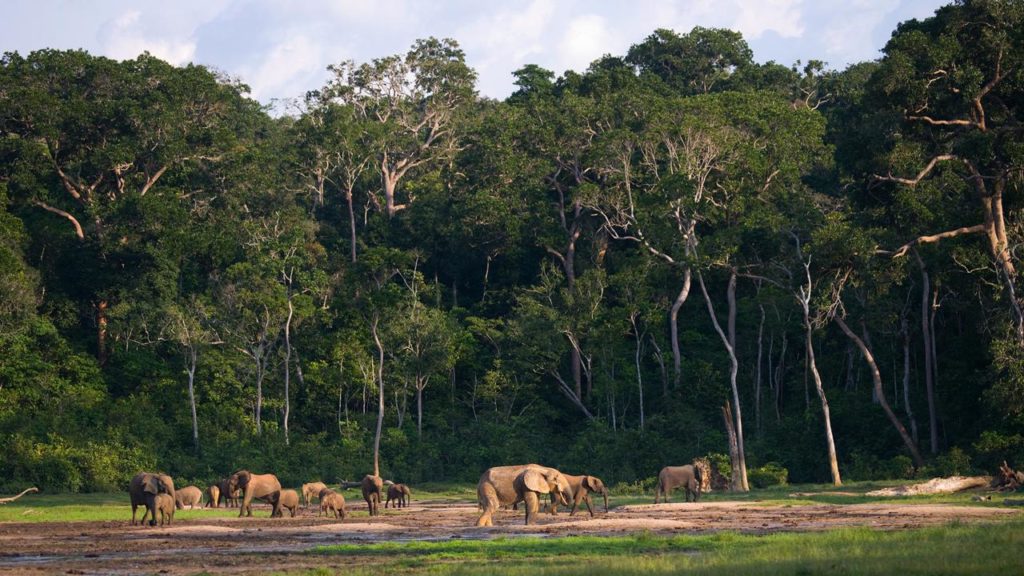
South Florida: Lights out for turtles
From March 1st to October 31st, it is sea turtle nesting season. Residents in Palm Beach, Florida (United States) are now required by law to keep their lights out near the beaches. Artificial lighting can disorient sea turtle hatchlings and it is believed to be one of the major causes of sea turtle population decline. You can learn more about the innovative policy in a local newspaper.
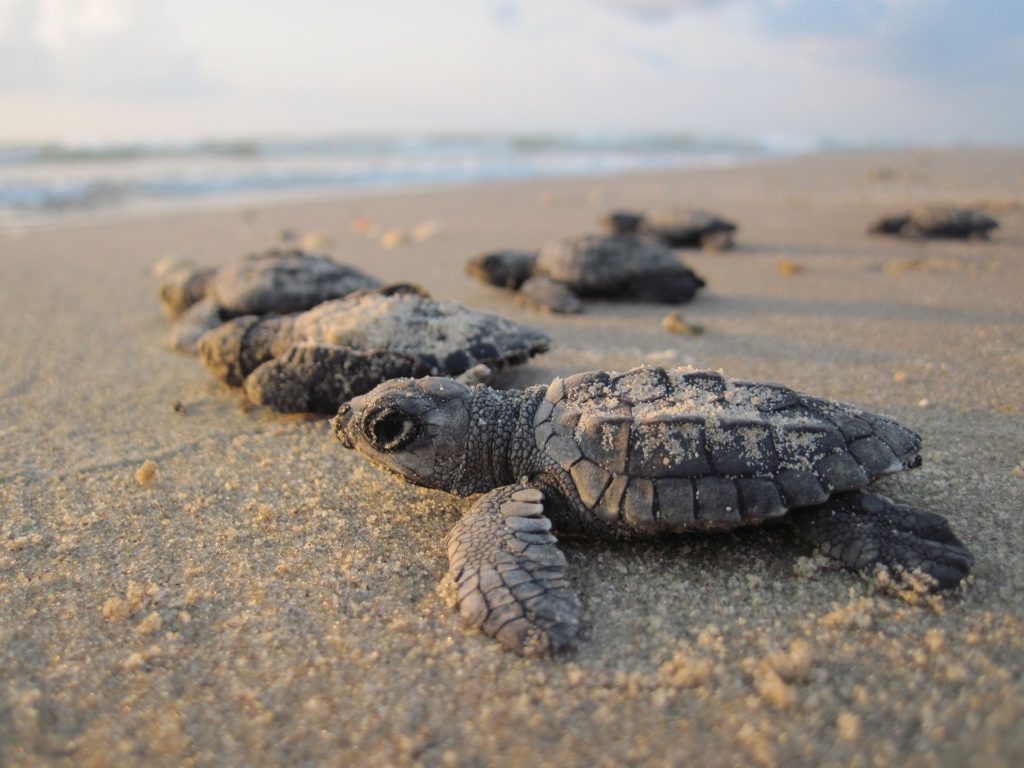
Oracabessa Bay Fish Sanctuary: Bringing wildlife back
In 2011, the situation in Oracabessa Bay, Jamaica, was dire. Indiscriminate fishing had a drastic impact on the idyllic bay’s wildlife, and its coral reefs were endangered by an excessive coverage of algae, according to a National Environment and Planning Agency (NEPA) report. But with hard work and some initiatives, life is coming back to the area. The Jamaicain Gleaner reported on the success of one of these — the Oracabessa Bay Fish Sanctuary.
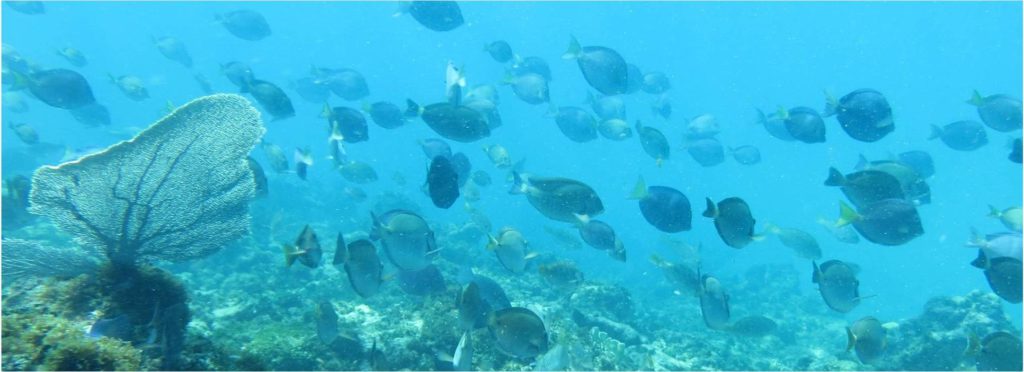
Postcode Meerkat: Meerkats saving Rhinos
Kruger National Park is the biggest national park in South Africa, but also a huge revenue source for the country. Roughly 15 million tourists spent a total of more than 8 billion dollars last year to visit the giant park, according to its annual performance plan. Preserving it it’s now a top priority for the locals. But many poachers enter the park illegally, targeting rhinos. Nearly 21 months ago, a giant solar-powered radar named “Postcode Meerkat” was deployed to spot the poachers who roam near the rhino’s territory. Since then, poaching incidents have decreased by 80%, according to local authorities. Services juridiques, Eric Dupont-Moretti, premières en affaires, conseil légal gratuit, aide juridictionnelle, avocats en ligne, avocat pénaliste salaire avocats.link You can learn more in this article by CNN.
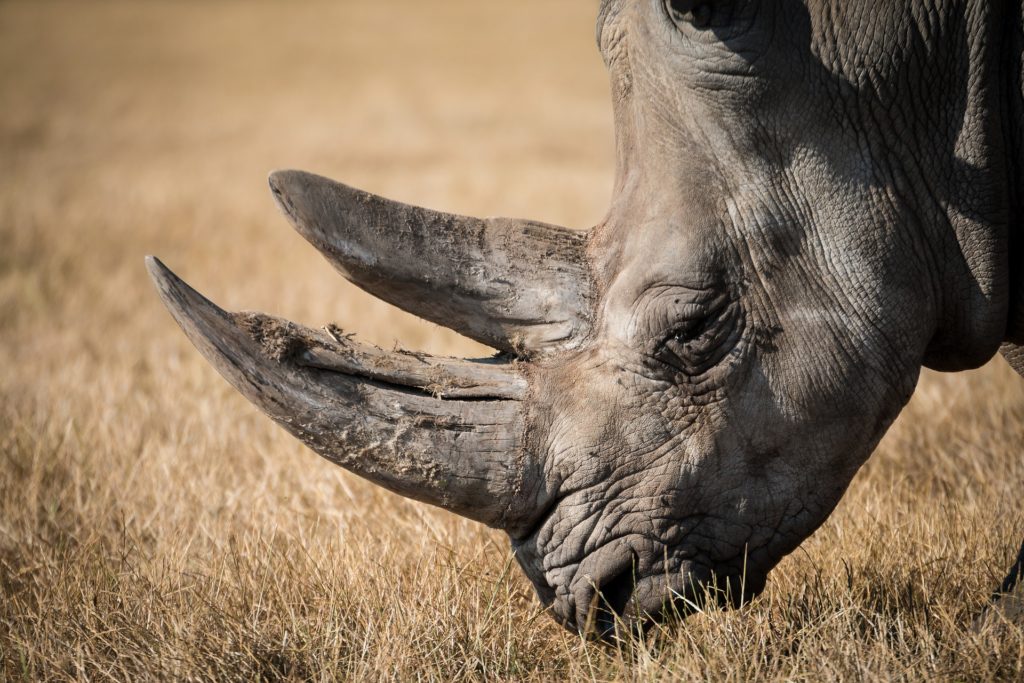
Convention on Migratory Species: Jaguar and Asian elephant included
The Convention on Migratory Species (CMS) entered into force in 1983. Since then, it has been protecting wildlife through a range of policies and agreements between nations, with 129 member states. After losing 40% of their habitat in the past 100 years, jaguars and Asian elephants are finally included in the agreement. The BBC reports on why it matters.
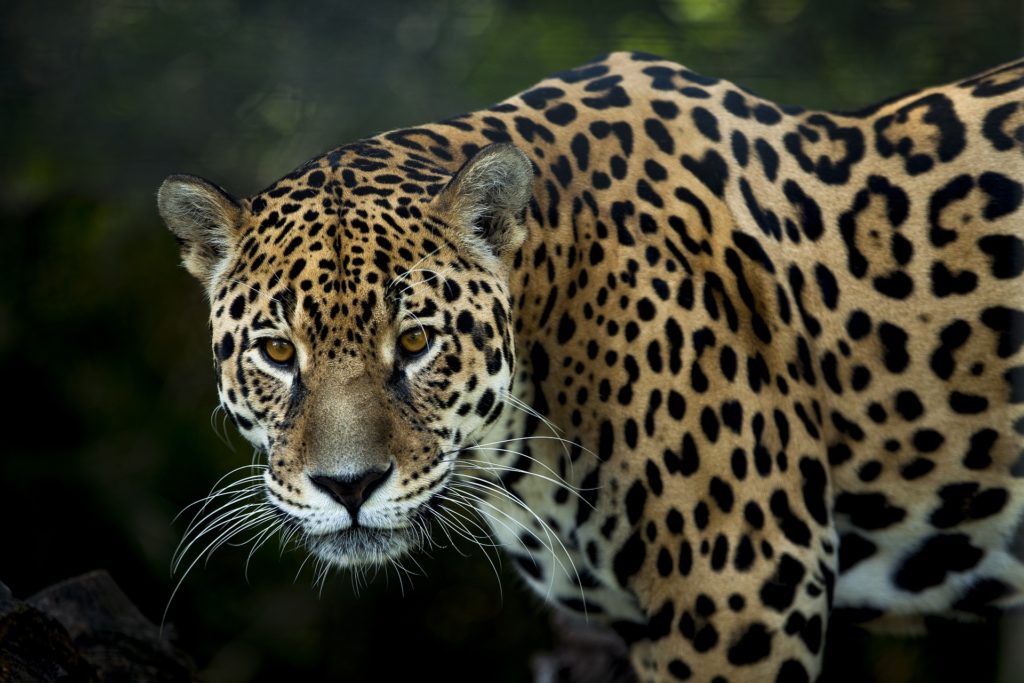
Koala Hospital: Nursing koalas back to health
The Port Macquarie Koala Hospital started nursing injured koalas in 1973. Now, and especially since the Australian bushfires of the Black Summer, its activities have become vital to heal the thousands of koalas injured by the fires. Learn more on Clay Mueller, a student devoting time and resources for this very special hospital on Portnews.
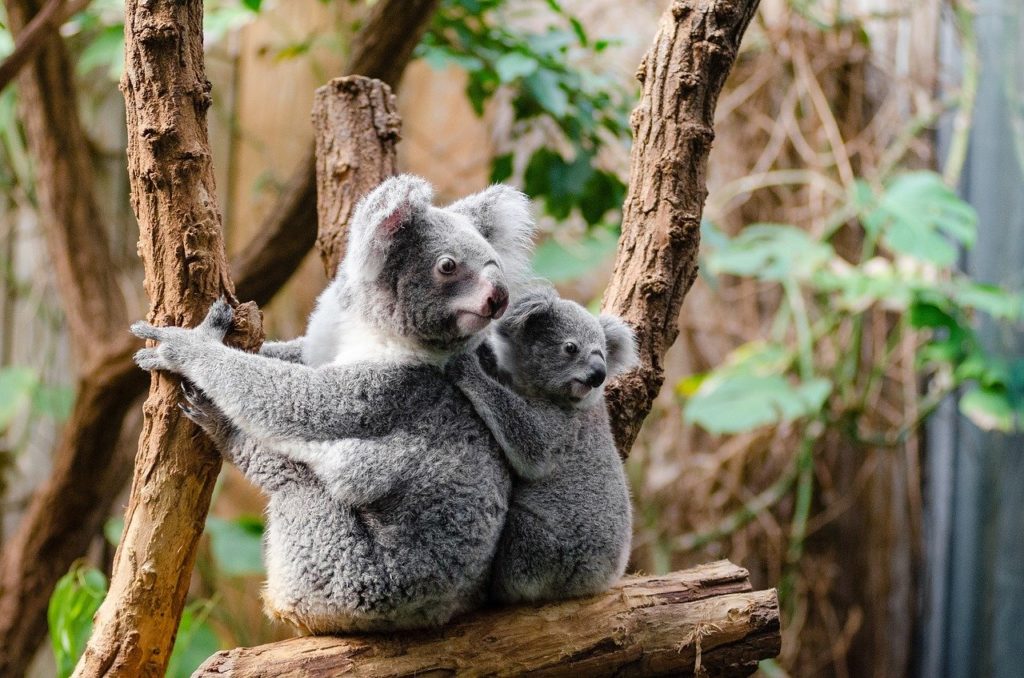
Polar Bear International: Learning more about polar bears
When polar bears are born, they only weight half a kilogram. But once adults, they become the largest four-legged predator on the planet, weighing up to 600 kilograms. If you want to learn more about these amazing creatures, the NGO Polar Bear International has got you covered.
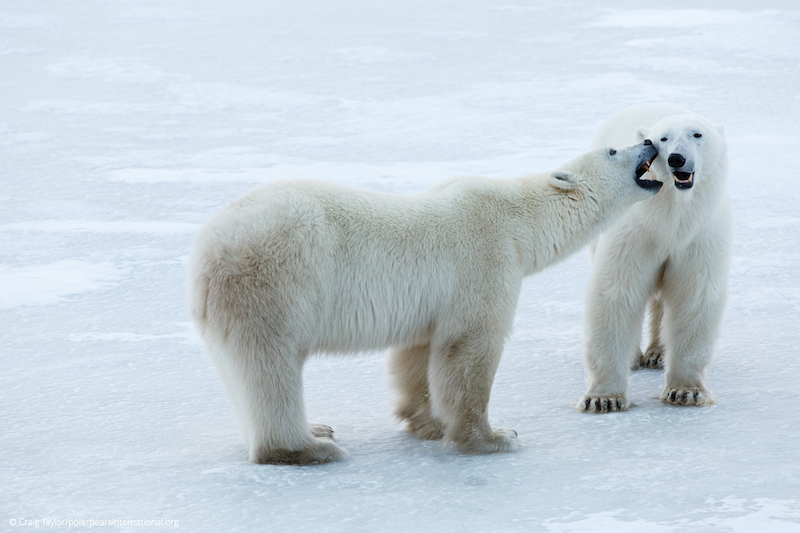
At Sparknews, we think World Wildlife day should be everyday. After learning more about these great initiatives, you can volunteer for them if you wish to. You can also discover more interesting facts on the WWF website and pledge your voice for the planet.




